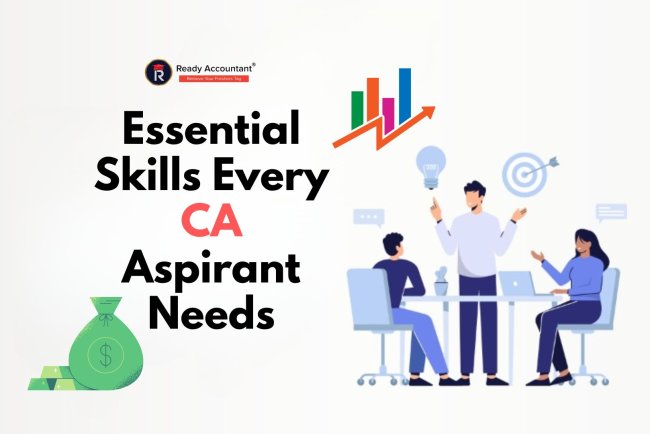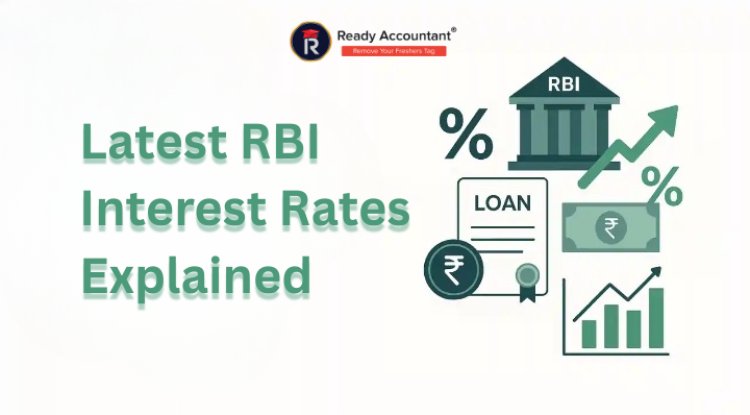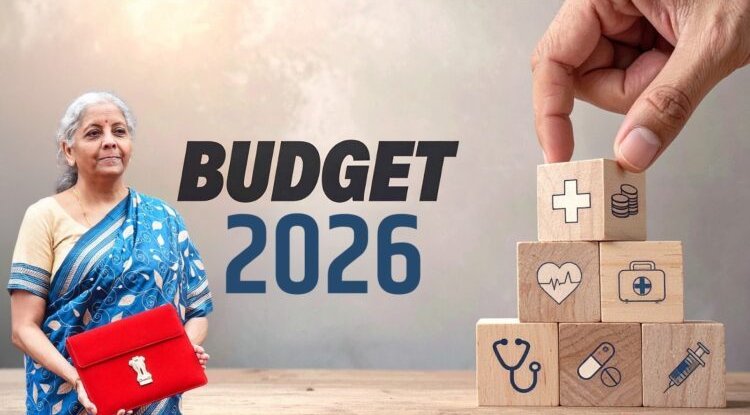UPI & Digital Payments: India’s Success Story and Accounting Implications
India’s UPI-led digital payment boom, highlighted in Decoding the Budget 2025, has transformed financial transactions and boosted transparency. For accountants, it brings new challenges in real-time reconciliation, GST compliance, and digital audits. Upskilling in Certified Corporate Accounting, SAP FICO (Finance & Controlling), and Taxation (Income Tax & GST) is essential to thrive in this tech-driven financial era.
In the past decade, India has witnessed a digital revolution in finance — one that has redefined the way individuals, businesses, and governments transact. At the center of this transformation stands Unified Payments Interface (UPI), the trailblazing innovation that made real-time digital transactions a part of daily life. As the country prepares for Decoding the Budget 2025, the growth of UPI and digital payments continues to shape how money flows through the economy — and how accountants and finance professionals record, audit, and interpret those flows.
1. The Rise of UPI: India’s Digital Finance Revolution
Launched in 2016 by the National Payments Corporation of India (NPCI), UPI brought together multiple bank accounts into a single mobile platform, enabling seamless instant transfers. What began as a modest innovation is now the largest real-time payments ecosystem in the world — handling over 13 billion transactions a month as of 2025.
UPI’s success story is more than a fintech achievement; it’s a case study in financial inclusion. From street vendors to large corporates, digital payments have bridged India’s urban–rural divide. Today, nearly 85% of all digital transactions in India are processed through UPI, according to the Reserve Bank of India (RBI).
This momentum is supported by strategic government initiatives such as:
-
Digital India Mission
-
Jan Dhan–Aadhaar–Mobile (JAM) Trinity
-
Zero MDR policy on UPI payments for merchants
Together, these have created a financial ecosystem that is fast, low-cost, and transparent — key priorities highlighted again in the Budget 2025 fiscal policy framework.
2. UPI’s Role in Economic Growth and Budget 2025 Context
When Decoding the Budget 2025, one of the recurring themes is “digital empowerment through financial inclusion.” The government has allocated substantial resources to further expand digital infrastructure, cybersecurity, and fintech innovation. UPI’s impact on GDP growth is becoming measurable — it reduces transaction friction, increases tax compliance, and helps formalize previously untracked cash flows.
For accountants and finance professionals, this trend signals a new data-driven economy. Real-time digital payment data enables better forecasting, compliance monitoring, and business analysis. The Finance Ministry’s focus on digitized revenue reporting and e-invoicing reinforces the need for finance experts to master tools like Certified Corporate Accounting, SAP FICO (Finance & Controlling), and Taxation (Income Tax & GST).
3. Accounting Implications of Digital Payment Ecosystems
While UPI simplifies money movement, it adds new layers of complexity in accounting and reconciliation. Accountants must adapt to systems that are instantaneous, high-volume, and often spread across multiple payment gateways. Let’s break down the key accounting implications:
a. Real-Time Transaction Recording
Traditional accounting systems operated on batch-based or periodic entries. UPI transactions, however, occur in real-time. This demands:
-
Integration of accounting software with payment APIs
-
Auto-reconciliation tools
-
Immediate journal entry posting to maintain updated ledgers
Modern ERP tools like SAP FICO now feature payment interface modules that can sync UPI data automatically, reducing manual effort and minimizing reconciliation errors.
b. Reconciliation Challenges
Since UPI transactions can occur outside regular banking hours, reconciling daily balances is now a 24/7 process. Accountants must ensure:
-
Transaction-level matching with bank statements
-
Verification of failed or reversed transactions
-
Proper GST recording on UPI-based sales
Advanced accounting systems allow automated reconciliation, but human oversight remains essential to detect fraud or duplication.
c. Impact on Taxation (Income Tax & GST)
Digital payment data directly affects Taxation (Income Tax & GST) compliance:
-
For GST: Each digital sale must be matched with valid invoices and tax returns.
-
For Income Tax: Digital trails simplify audit trails, but any mismatch between reported turnover and digital receipts can raise red flags under the Income Tax Act.
UPI has also helped the government widen the tax base by making transactions traceable — a major theme in Decoding the Budget 2025, which emphasizes transparency and real-time compliance reporting.
4. Opportunities for Accountants and Finance Professionals
As India transitions into a cashless economy, the demand for tech-savvy accountants is at an all-time high. The following career opportunities are emerging:
a. Fintech Accounting and Compliance
Startups in the fintech space need experts who can navigate complex transaction flows and regulatory reporting.
Professionals trained in Certified Corporate Accounting or SAP FICO (Finance & Controlling) are particularly sought after.
b. Digital Audit & Risk Management
UPI data enables auditors to perform continuous audits using data analytics and automation tools.
Knowledge of Taxation (Income Tax & GST), along with familiarity with API-based data verification, gives an edge in digital auditing.
c. Advisory and ERP Implementation
With businesses migrating to ERP systems that integrate UPI transactions, consultants skilled in SAP FICO or similar platforms can assist with implementation, workflow automation, and compliance mapping.
d. Financial Data Analysis
Every UPI transaction generates metadata — a goldmine for forecasting cash flows, spending behavior, and risk analysis. Accountants who combine data analytics skills with corporate accounting can provide strategic insights to businesses.
5. Challenges and Risks in Digital Payments Accounting
Despite its many advantages, the digital payment ecosystem introduces certain risks accountants must monitor:
-
Cybersecurity threats: Breaches or fraudulent UPI apps can compromise sensitive data.
-
Reversal & refund management: Failed or disputed transactions complicate ledger accuracy.
-
Compliance complexity: GST and income tax filings require proper classification of digital payments, refunds, and service charges.
-
Audit trails: With billions of micro-transactions, establishing clear audit trails requires automation and strong data governance.
These factors underscore the importance of continuous upskilling for accounting professionals in technology, compliance, and digital finance.
6. Preparing for the Future: Skill Up for 2025 and Beyond
As Decoding the Budget 2025 highlights, India’s financial ecosystem is rapidly digitalizing. The convergence of fintech innovation, data transparency, and policy reforms creates a fertile ground for professionals who combine accounting expertise with tech proficiency.
Institutes like Ready Accountant are bridging this gap through career-oriented courses such as:
-
Certified Corporate Accounting — to build a strong foundation in financial and managerial accounting
-
SAP FICO (Finance & Controlling) — to master ERP systems for global business environments
-
Taxation (Income Tax & GST) — to stay compliant with evolving tax rules and digital filing systems
These programs equip learners to thrive in the digital-first economy where accounting, taxation, and technology are deeply interconnected.
Conclusion
UPI and digital payments have rewritten India’s financial story — turning everyday transactions into a cornerstone of formal economic activity. As the nation moves toward Decoding the Budget 2025, digital infrastructure and financial accountability will continue to define progress.
For accountants, auditors, and finance professionals, this is not just a policy shift — it’s a paradigm change. The future belongs to those who can translate billions of digital transactions into meaningful financial insights, ensure compliance, and guide organizations through a landscape where accounting meets technology.
What's Your Reaction?




















